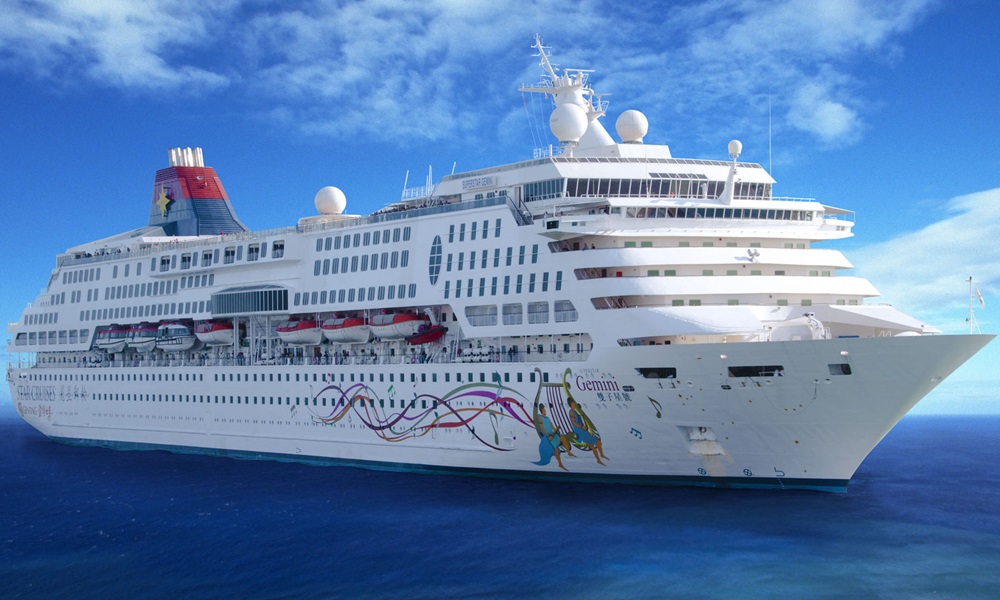The COVID-19 pandemic has significantly impacted various industries worldwide, and the cruise industry was among the hardest hit. With travel restrictions, health concerns, and the suspension of operations, cruise lines faced unprecedented challenges. However, as the world slowly recovers and adapts to a new normal, the cruise industry is finding innovative ways to navigate these uncharted waters.
Enhanced Health and Safety Measures
One of the most crucial aspects of resuming cruise operations after the pandemic is ensuring the health and safety of passengers and crew. Cruise lines have implemented stringent protocols and enhanced health measures to minimize the risk of COVID-19 transmission on board. These measures include pre-boarding health screenings, mandatory vaccination requirements, increased sanitization practices, and improved air filtration systems.
Digital Transformation and Contactless Experience
The pandemic accelerated the digital transformation in the cruise industry. Cruise lines have embraced technology to provide a contactless experience for passengers, reducing the need for physical touchpoints.
Passengers can now complete their check-in process online, reducing queues and minimizing contact. Digital keycards and mobile apps allow guests to access their cabins, make onboard purchases, and book various activities, enhancing convenience and reducing physical interactions.
Flexible Booking Policies
Recognizing the uncertainty caused by the pandemic, cruise lines have introduced flexible booking policies to provide peace of mind to passengers. These policies allow travelers to change their travel dates or cancel their bookings with ease, often offering future cruise credits or refunds. The flexibility ensures that passengers feel comfortable and confident when booking their cruises online, knowing they have options if circumstances change.
Enhanced Medical Facilities and Expertise
Cruise lines have significantly bolstered their onboard medical facilities and expertise to respond effectively to any potential health issues during the voyage. They have enhanced their medical centers, equipped them with state-of-the-art medical equipment, and increased the number of medical staff on board. These measures ensure that passengers receive prompt medical attention if needed, providing reassurance and peace of mind.
Destination Diversity and Private Islands
To adapt to the new normal, cruise lines are exploring alternative destinations and offering more diverse itineraries. With some popular ports facing challenges due to the pandemic, cruise lines are expanding their horizons and introducing new and exciting ports of call. Additionally, private islands owned by cruise lines have gained popularity, as they provide controlled environments with exclusive experiences for passengers.
Environmental Sustainability
The pandemic has also sparked increased awareness of environmental sustainability in the cruise industry. Cruise lines are investing in cleaner technologies and adopting measures to reduce their environmental impact.
From the use of cleaner fuels to advanced waste management systems, the industry is actively working towards a greener future. Passengers can contribute to this sustainability effort by choosing cruise lines that prioritize environmental responsibility.
Conclusion
As the world emerges from the pandemic, the cruise industry is adapting to a new normal by implementing enhanced health and safety measures, embracing digital transformation, offering flexible booking policies, enhancing medical facilities, diversifying destinations, and prioritizing environmental sustainability. These changes aim to provide passengers with a safe and enjoyable cruising experience.
To embark on this new journey, travelers can book cruise online, taking advantage of the convenience and flexibility offered by modern technology. With the industry’s dedication to providing memorable experiences while ensuring safety, the cruise industry is setting sail towards a brighter future.




